Lead image: Marisa Williamson, Billboard, 14x48.org, 2019. Courtesy of the Artist.
Over the last year, Monument Lab has been working in collaboration with the New Jersey Historical Commission and the New Jersey State Council on the Arts, both divisions of the New Jersey Department of State, to envision and develop a multi-site public art and history proposal to mark the 250th anniversary of the formal founding of the United States in 2026. Under New Jersey’s larger initiative to mark this anniversary, Revolution NJ engages numerous historic sites related to the Revolution and explores how they could be remembered, connected, and layered with other historical narratives in the contemporary landscape of New Jersey.
We began the process of proposal design by hosting an exploratory artistic research residency this past summer that will continue into the fall. The research residency brings together an invited cohort of 9 New Jersey-based practitioners to reflect on the multiple genealogies of the American Revolution, legacies of Indigenous and African American historical figures and stories, and connections to contemporary revolutionary movements. This includes approaches to commemorating the Revolutionary period that can continue crucial conversations generated by the renowned New York Times 1619 Project, which aimed to “reframe the country’s history by placing the consequences of slavery and the contributions of Black Americans at the very center of our national narrative.” Research residents were invited based on previous critical and creative work on the Revolution, as well as other participatory and contemporary approaches to art and history.
Our intention is to convene this group as a brain trust – to identify priorities, imperatives, and possibilities from their own perspectives and bodies of work that may contribute to a broader Monument Lab project proposal for Revolution NJ. The residency cohort approaches commemoration from a range of viewpoints and methods of participatory engagement including quilting, murals, architecture, history, photography, augmented reality, and cultural and historical preservation. Stay tuned for updates on their work across disciplines as the residents develop site reflections and speculative proposals inspired by their engagement with the American Revolution’s histories and legacies. For now, read on to learn more about the residents and their work.
Tyrese "Bright Flower" Gould Jacinto (Bridgeton, NJ)
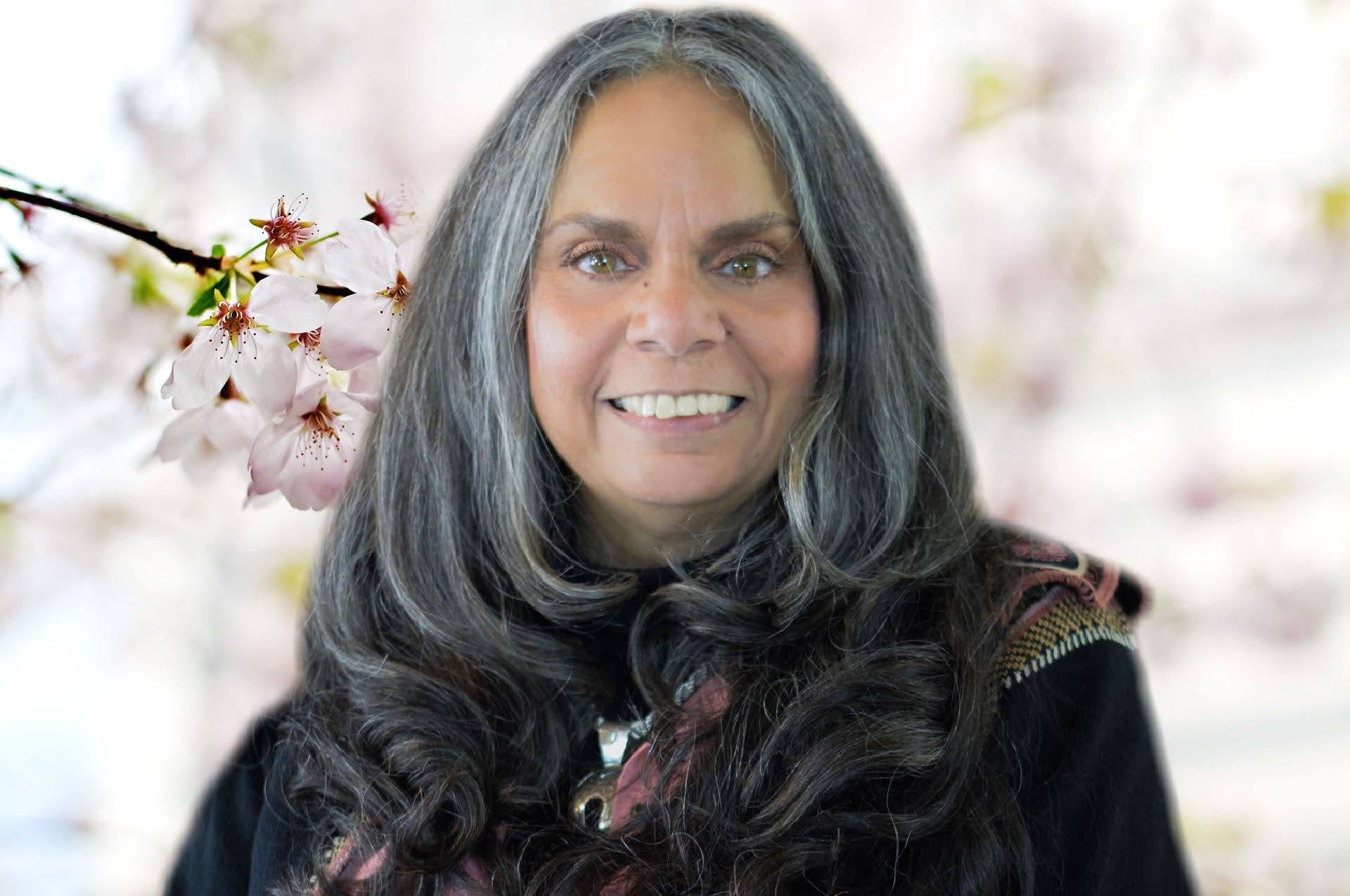
Tyrese "Bright Flower" Gould Jacinto is a member of the Nanticoke Lenni-Lenape Indian Tribe. She is the daughter of the late Phyllis "Red Deer" and Chief Mark "Quiet Hawk" Gould. Her parents were among a core group that initiated the modern-day structure of the ancient tribe. This allowed her to be immersed in tribal life as a child and to begin understanding the value of arts and traditions from an early age.
Tyrese is a talented artist engaged in a variety of traditional Lenape arts – beadwork, basket weaving, wampum belts, shell work, leatherwork, pine needle, and gourd arts – "I am inspired to create from the gifts of Mother Earth. I feel as though I have the gift to create as it speaks to me. The creation of my Lenape art is from the heart and mindset that forms from deep within". She feels that the indigenous people of New Jersey are "often portrayed as something that is from the past when in fact, we are alive and thriving, and there are many artists among our tribe that are underrepresented or never mentioned. As an artist, it is always an honor to be able to share my talents with the world because if we do not share it with you, then you will not remember us".
The mother of five children and two grandchildren, she is eager to pass on Lenape traditions to future generations. "If we do not persevere, these arts will not continue to be passed down," she said. Over the years, she participated in a variety of educational programs featuring Lenape traditional arts at Wheaton Arts and Cultural Center. She also published a series of Children Books to pass on the stories of the tribe to their young. She created video materials aimed at deeper understanding of Lenape culture and artistic expressions.
Tyrese is a businesswoman with more than thirty years of experience in confidential administration, financial business management, and office organization, and in her current role as President and CEO of the Native American Advancement Corporation, Ms. Gould Jacinto is paving roads for future generations. She served as Executive Director of the tribal organization from 1990-1992 and has never stopped being involved as a volunteer.
Elaine Buck & Beverly Mills (Hopewell & Pennington, NJ)
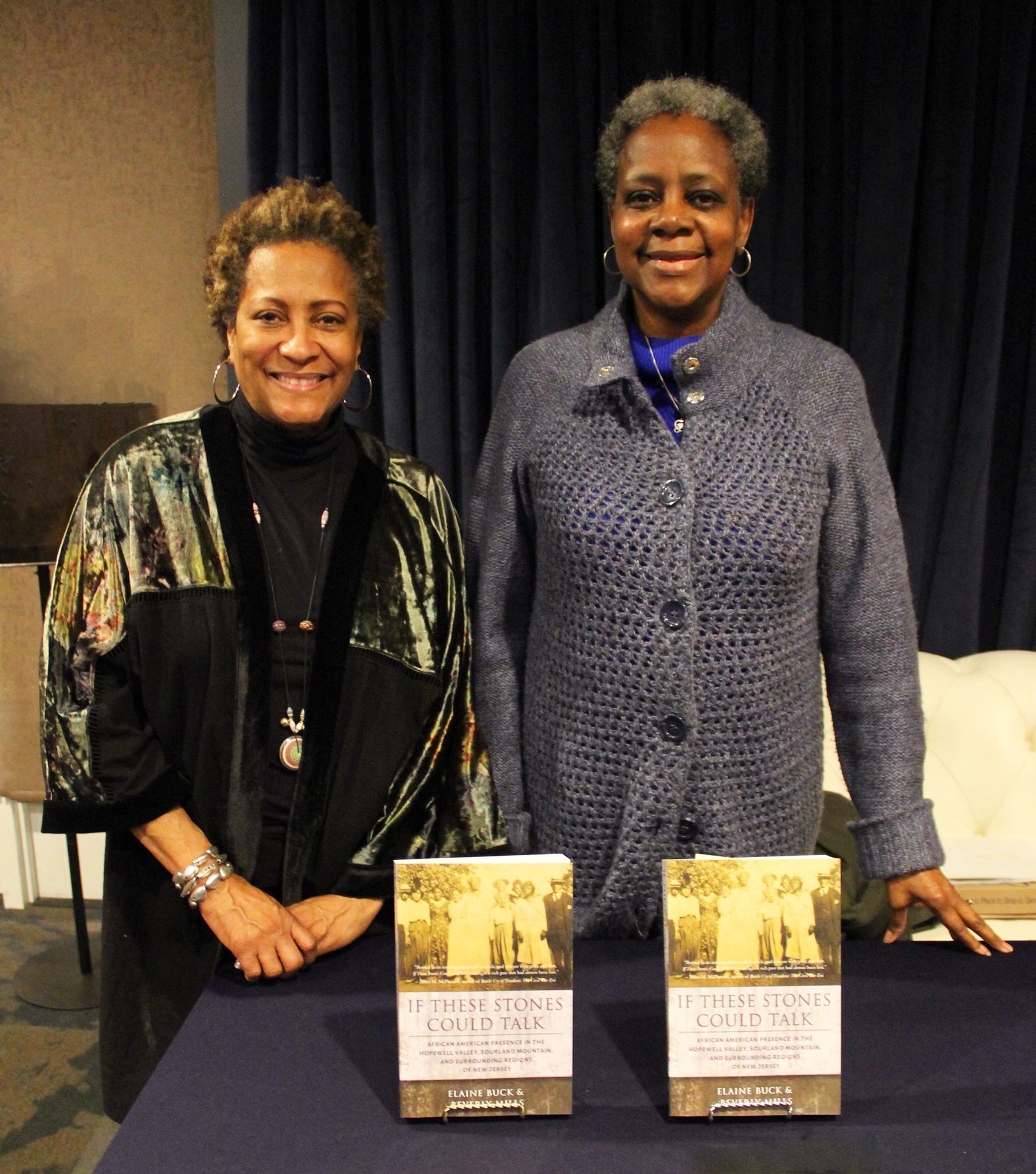
Sharon Elaine Buck, who prefers to be called Elaine, is a founder the Stoutsburg Sourland African American Museum and a member on the Advisory Board. Elaine is also a thirty year Trustee of the Stoutsburg Cemetery Association which is a historic cemetery for people of African descent located in the Sourland Mountains in Hopewell, New Jersey. Along with her research partner, Beverly Mills, Elaine has co-authored a book entitled “If These Stones Could Talk” which is based on over a decade’s worth of research on the contribution of African Americans who lived in the Sourland Mountain region and surrounding area. She is a co-founder of Friday Truehart Consultants which is a consulting company that works closely with K-12 educators from various school systems who are interested in including African American history in their lesson plans and curriculum.
For many years Elaine, along with fellow trustees of the Stoutsburg Cemetery Association, has presented at various schools, historic sites and community groups. In her capacity as a researcher and speaker, Elaine has partnered with the William Trent House, 1804 Consultants, the Grounds For Sculpture and the National Assessment of Educational Progress for the State of New Jersey to host a series of symposiums designed to explore African American history in New Jersey, how to interpret African American history at historic sites and museums as well as how to present and discuss difficult topics in African American history. From this partnership with the William Trent House, Grounds For Sculpture, New Jersey Historical Society and 1804 Consultants, a collaboration, named the Sankofa Collaborative, was created to ensure that material and resources relating to African American history will be readily accessible statewide to a broader and more diverse audience.
Elaine has been married to John Buck for over forty years and is the mother of two adult sons, Aaron and Jason. She is the third generation to live in her home in Hopewell Borough, NJ. For numerous years Elaine has also served as the Church Clerk for the Second Calvary Baptist Church in Hopewell, New Jersey.
Beverly Mills is a retiree as the Director for the Workforce Development Board in Mercer County, New Jersey. Beverly is a founder of the Stoutsburg Sourland African American Museum and a member on the Advisory Board and a Trustee of the Stoutsburg Cemetery Association. Along with her research partner, Elaine Buck, Beverly has co-authored a book entitled “If These Stones Could Talk” based on over a decade of research on the contribution of the African American population who lived in the Sourland Mountain and surrounding region. It was through this research that Beverly has been able to trace her ancestry to African Americans who were enslaved in the Hopewell Township, New Jersey area prior to the Revolutionary War. Beverly is a co-founder of Friday Truehart Consultants which is a consulting company that works closely with K-12 educators from various school systems interested in including African American history in their lesson plans and curriculum.
For many years Beverly, along with fellow trustees of the Stoutsburg Cemetery Association, has presented at various schools, community groups and historic sites. She has also partnered with the William Trent House, 1804 Consultants, the Grounds For Sculpture and the National Assessment of Educational Progress for the States of New Jersey to host a series of symposiums created to explore African American history in New Jersey, how to interpret African American history at historic sites and museums and how to present and discuss difficult topics in African American history. Along with her colleague, Elaine Buck, Beverly was instrumental in forming a partnership, named the Sankofa Collaborative; an initiative created to ensure that material and resources that relate to African American history is accessible statewide to a broader and more diverse audience. Partners in the Sankofa Collaborative include the William Trent House, Grounds For Sculpture, New Jersey Historical Society and 1804 Consultants.
Beverly is the first African American woman to hold the elected position as a Councilwoman in Pennington Borough, NJ. Her past affiliations include Trustee on the board of Ellarslie, (The Trenton City Museum), a Trustee of the Hopewell Valley Historical Society, a member of the Friends of the Trenton Public Library and Chairperson of the Trustee Board of the First Baptist Church of Pennington.
Beverly currently lives in her ancestral home in Pennington, New Jersey (which has been in her family since 1911) with her husband Robert Mills to whom she has been married for forty-five years. She is also the mother of two adult sons, Jason and Drew and the grandmother of five.
Harriet Tubman Museum (Cape May, NJ)
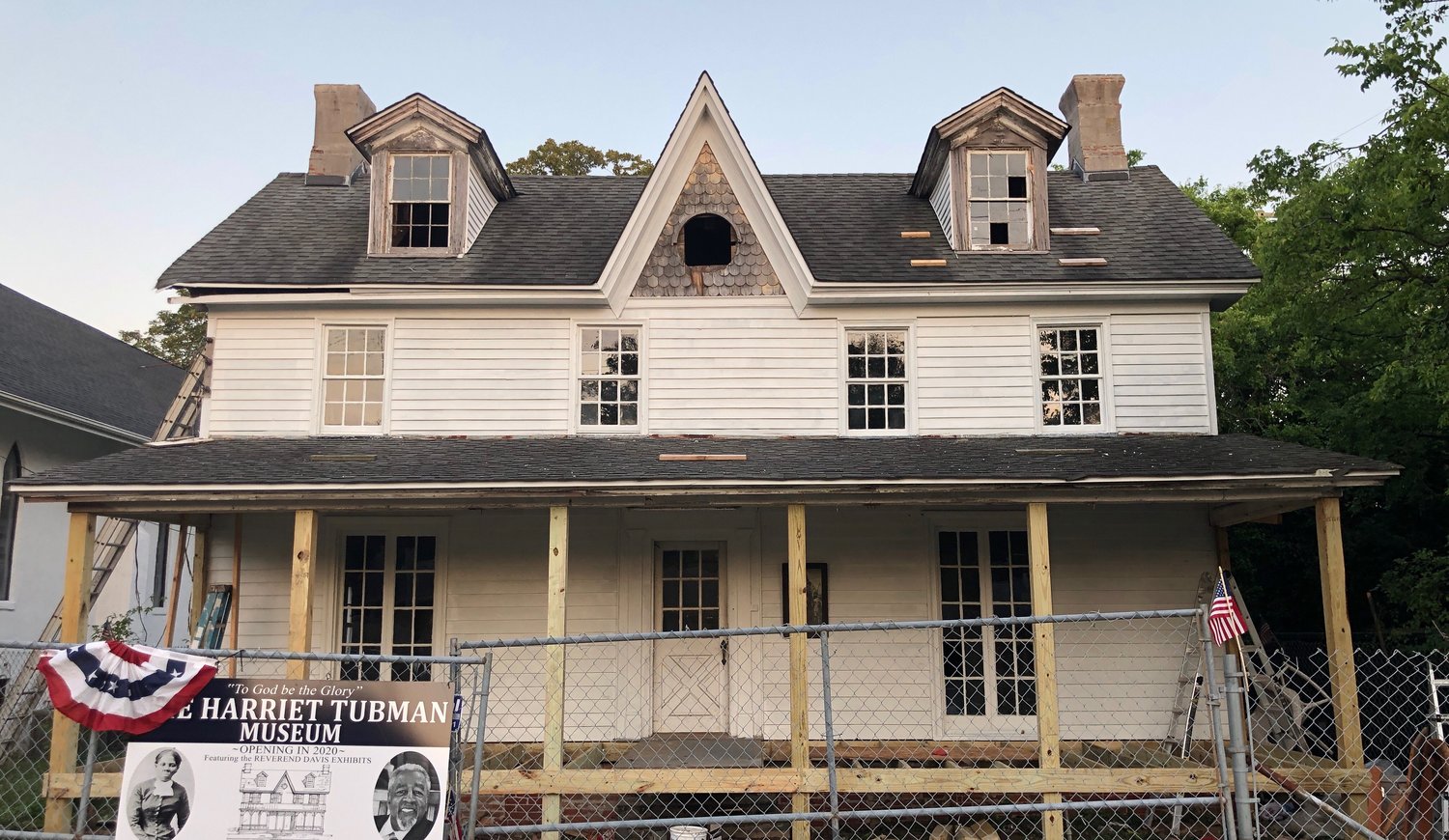
Cynthia Mullock is the Founding Executive Director of the Harriet Tubman Museum in Cape May, NJ. The Harriet Tubman Museum was organized by a grassroots coalition to preserve Howell House--the historic parsonage of the Macedonia Baptist Church that was listed as one of the ten most endangered historic sites in New Jersey by NJ Preservation in 2012--and convert it into a cultural heritage site honoring Harriet Tubman's time in Cape May, the history of abolitionist activism in the region, and the cultural contributions and legacy of the local African American community.
Recognized by Smithsonian Magazine as one of the ten most anticipated museums in the world for 2020, the Harriet Tubman Museum commemorates Harriet Tubman's courage, compassion and conviction as well as the history of abolitionist activists and the African American community in Cape May and its surrounding region. As a lawyer active in social justice and human rights causes, Cynthia Mullock has represented political refugees in asylum applications, advocated for immigration rights, and served on the Board of Directors of Volunteers of Legal Service since 2015.
Sankofa Stitchers (Juandamarie Gikandi & Mada Galloway) (Princeton, NJ)
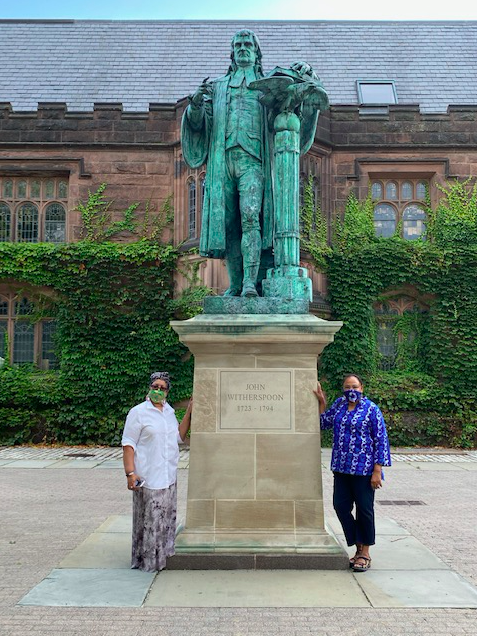
Juandamarie Gikandi is a textile artist who learned various needle arts as a child. A self-taught quilter, she comes from a long line of Arkansan women who were known for their talents with needle and thread. Her primary inspiration is the inheritance of a 1920’s hand sewn quilt stuffed with raw cotton made by her grandmother’s aunt in Arkansas. Taking her cue from the experiences of groups from Africa and the African Diaspora, Juandamarie uses a myriad of fabrics to create works that interpret traditional forms of quilting through new and original patterns.
She graduated from the Harvard Graduate School of Education, and was a Social Studies educator for over two decades, and curriculum developer for the New Jersey Amistad Commission. Juandamarie is committed to social justice, expanding, recognizing, preserving, and teaching about the African American contribution to the building of a just America and its arts. She is the founding president of The Princeton Sankofa Stitchers Modern Quilt Guild (NJ), and a member of several other quilt guilds including Sisters in Stitches Joined by The Cloth (MA), Christian Compassion Quilters (Philadelphia, PA), and the Akoma Ntoso Modern Quilt Guild (IN).
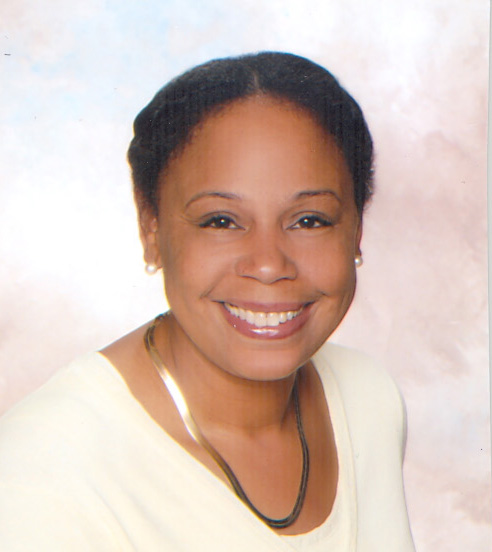
Mada Coles Galloway is a retired educator of 34 years. She has a BS from the College of New Jersey and a Masters of Educational Psychology from Temple University. She has studied interior design and enjoys creating unexpected yet harmonious color palettes. Mada has always been interested in various needle crafts, but quilting remains her passion. She frequently used quilting as one vehicle to teach math, American, and world history. Modern traditional and improvisational quilting are her favorite styles and she enjoys creating her own patterns. Mada has exhibited her quilts in shows and currently belongs to three quilt guilds. She currently serves on the Human and Civil Rights committee for Mercer County, and the board of the Mercer County NJ Teachers Federal Credit Union.
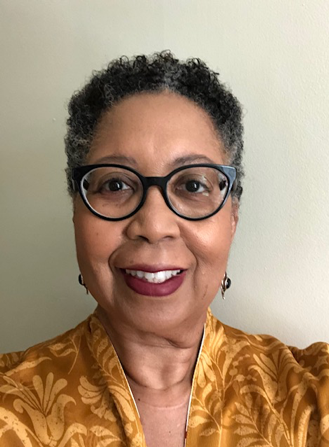
Kristyn Scorsone (Kearny, NJ)
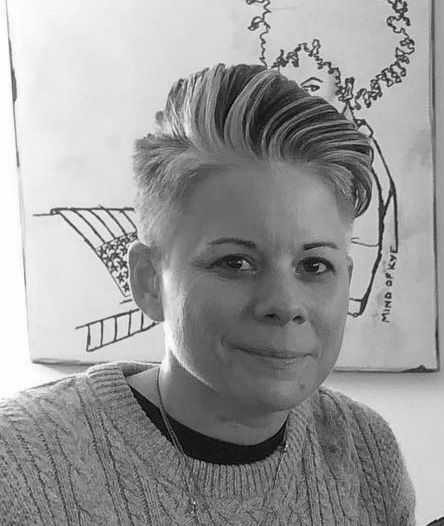
Kristyn Scorsone is a doctoral candidate in the American Studies program at Rutgers University-Newark. As a graduate assistant for the Humanities Action Lab (HAL), Kristyn assists with exhibitions and events as well as manages HAL’s websites and social media platforms. Outside of her work with HAL, she is active with the Queer Newark Oral History Project (QNOHP). Through QNOHP, she has conducted over two dozen oral history interviews, produced and hosted the QNOHP podcast, helped design and lead QNOHP walking tours, managed volunteers, and was a part of the curatorial team for the traveling exhibit, At Home in Newark: Stories from the Queer Newark Oral History Project. Her writing has appeared in The Public Historian, Notches, Out History, Out in New Jersey, and Los Angeles Music Blog. She is currently serving on the National Council on Public History (NCPH) Board-Led Subcommittee on Gender Discrimination and Sexual Harassment. Pronouns are she/her/they/them.
Wendel A. White (Galloway, NJ)
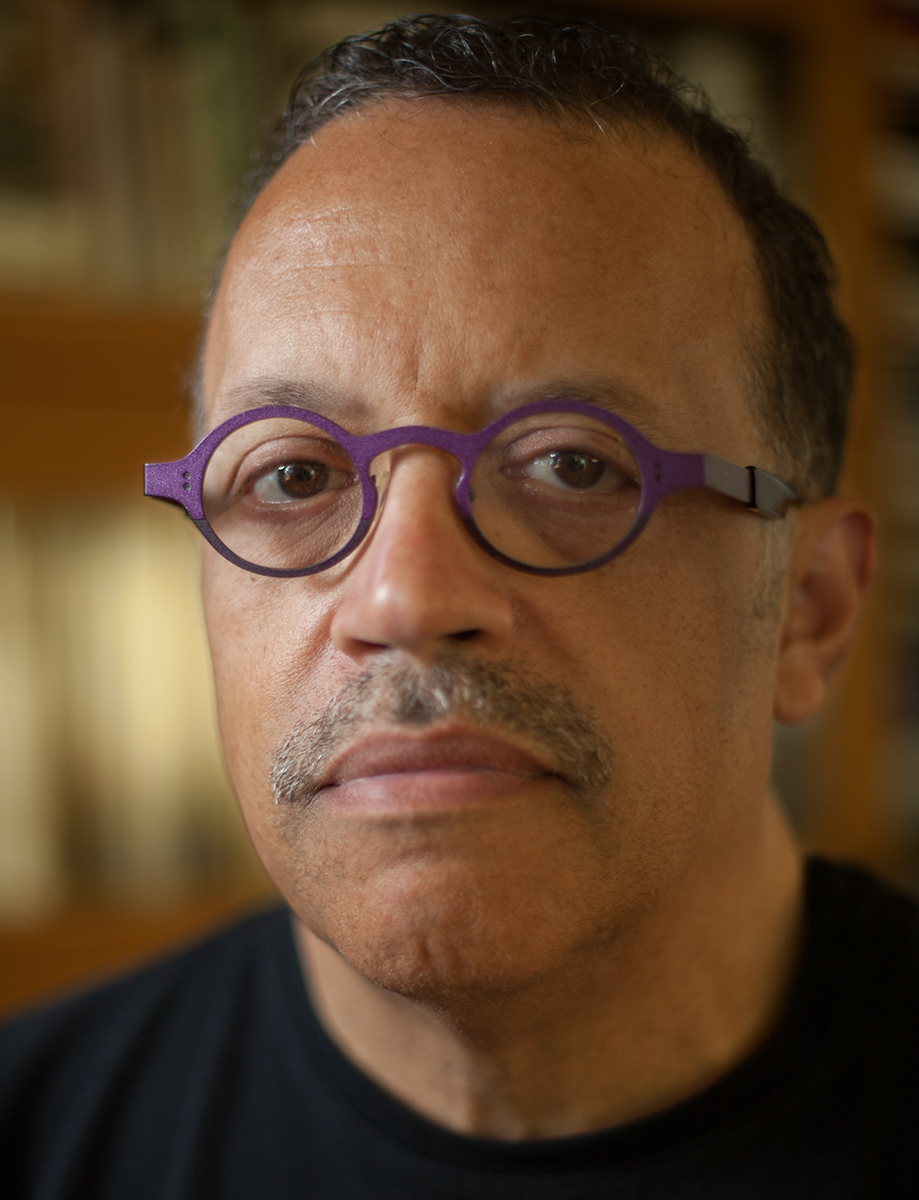
Wendel A. White was born in Newark, New Jersey and grew up in New York, Pennsylvania, and New Jersey. He was awarded a BFA in photography from the School of Visual Arts in New York and an MFA in photography from the University of Texas at Austin. White taught photography at the School of Visual Arts, NY; The Cooper Union for the Advancement of Science and Art, NY; the International Center for Photography, NY; Rochester Institute of Technology; and is currently Distinguished Professor of Art & American Studies at Stockton University.
He has received various awards and fellowships including a John Simon Guggenheim Foundation Fellowship in Photography, three artist fellowships from the New Jersey State Council for the Arts, Bunn Lectureship in Photography and grants from Center Santa Fe (Juror’s Choice), the Graham Foundation for Advanced Studies in the Fine Arts, and a New Works Photography Fellowship from En Foco.
His work is represented in museum and corporate collections including: Duke University; the New Jersey State Museum; California Institute for Integral Studies; The Graham Foundation for the Advancement of the Fine Arts; En Foco, New York, NY; Rochester Institute of Technology; The Museum of Fine Art, Houston; Museum of Contemporary Photography, Chicago, IL; Haverford College, PA; University of Delaware; University of Alabama; and the NYPL Schomburg Center for Research in Black Culture, NY.
White has served on the board of directors for the Society for Photographic Education, three years as board chair. He has also served on the Kodak Educational Advisory Council, NJ Save Outdoor Sculpture, the Atlantic City Historical Museum, and the New Jersey Black Culture and Heritage Foundation. White was a board member, including three years as board chair, of the New Jersey Council for the Humanities.
Recent projects include; Red Summer; Manifest; Schools for the Colored; Village of Peace: An African American Community in Israel; Small Towns, Black Lives; and others.
Amber N. Wiley (North Brunswick, NJ)
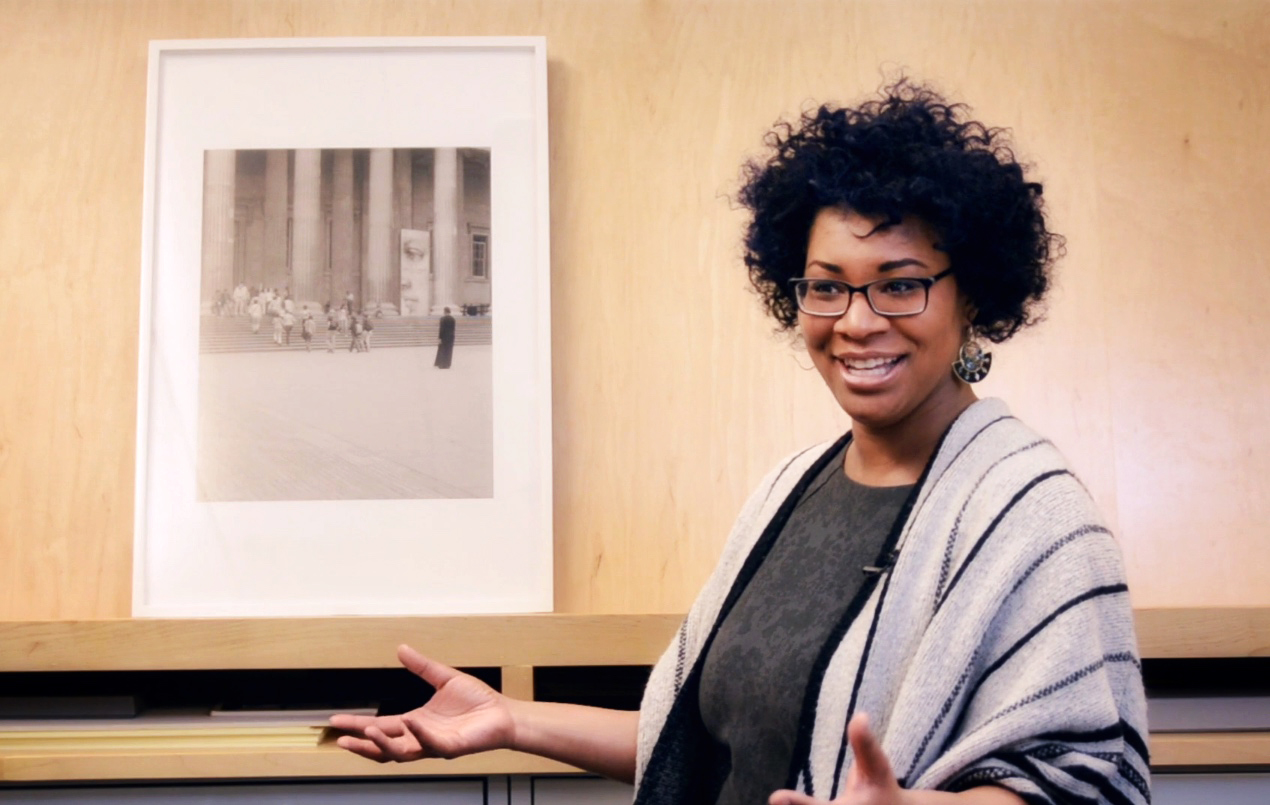
Amber N. Wiley is an Assistant Professor of Art History at Rutgers University. Her research interests center on the social aspects of design and how it affects urban communities - architecture as a literal and figural structure of power. She focuses on the ways local and national bodies have made the claim for the dominating narrative and collective memory of cities and examines how preservation and public history contribute to the creation and maintenance of the identity and sense of place of a city. Her publications cover African American cultural heritage, urbanism in New Orleans, school design, urban renewal, and preservation. Her current book project is entitled Concrete Solutions: Architecture, Activism and Black Power in the Nation’s Capital.
Amber was co-Principal Investigator of the National Historic Landmark Nomination Update for the Carter G. Woodson Home National Historic Site. She gave expert testimony for the highly contested Barry Farm historic landmark designation in Washington, DC. She also worked as a consultant for the National Building Museum exhibition “Community Policing in the Nation’s Capital: The Pilot District Project, 1968-1973.” She has served on the National Park System Advisory Board Landmarks Committee, and on the boards of the Vernacular Architecture Forum, Latrobe Chapter of the Society of Architectural Historians, and the Yale Black Alumni Association.
Amber received her Ph.D. in American Studies from George Washington University. She also holds a Master's in Architectural History and Certificate in Historic Preservation from the University of Virginia School of Architecture, and a B.A. in Architecture from Yale University.
Marisa Williamson (South Orange, NJ)
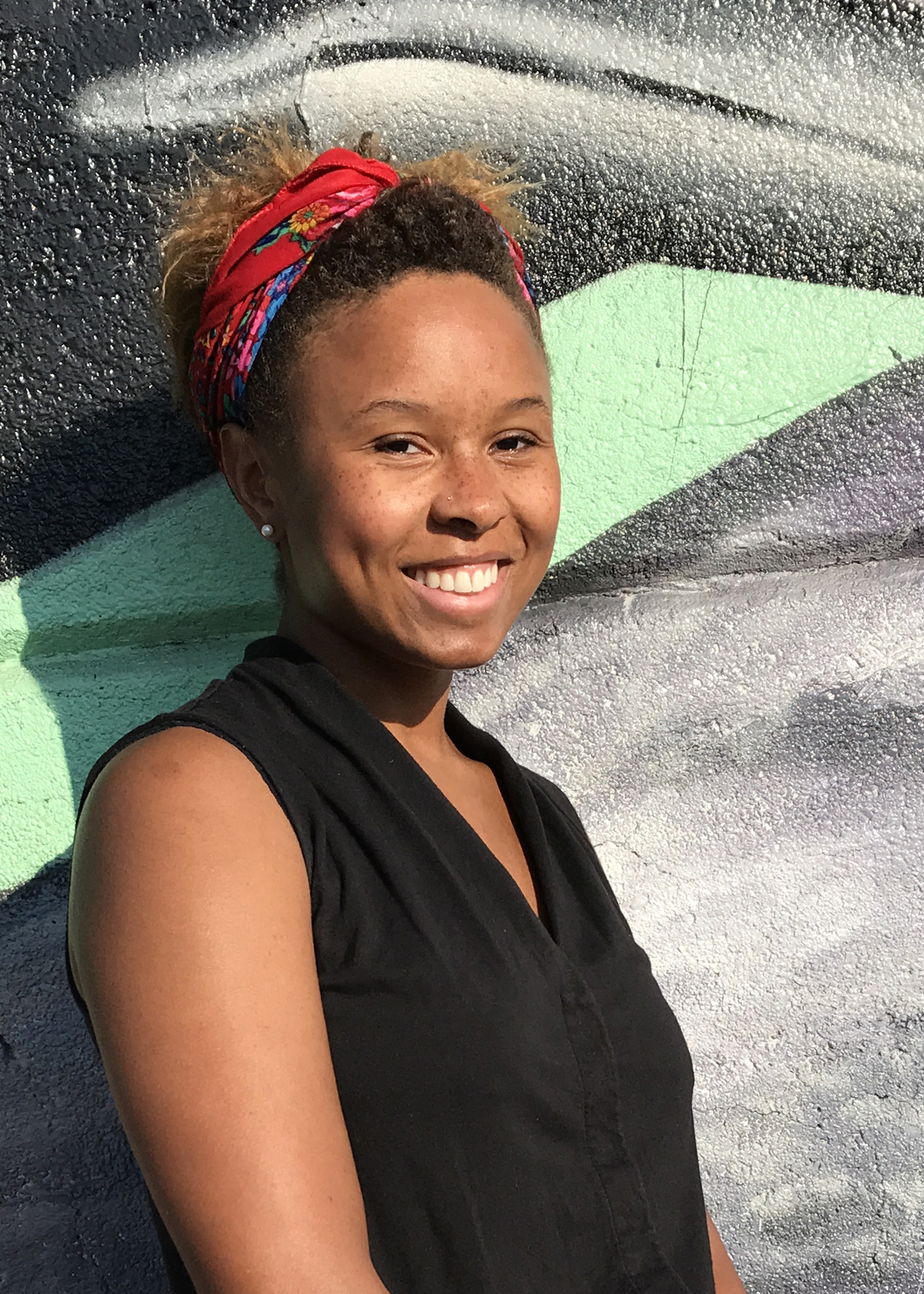
Marisa Williamson is a project-based artist who works in video, image-making, installation and performance around themes of history, race, feminism, and technology. She has produced site-specific works at Thomas Jefferson’s Monticello (2013), Storm King Art Center (2016), the Metropolitan Museum of Art (2016), the University of Virginia (2018), and SPACES Cleveland (2019), and by commission from Monument Lab Philadelphia (2017), and the National Park Service (2019).
Her work has been featured in exhibitions at Artpoetica, SOHO20, and BRIC in Brooklyn, The Elizabeth Foundation for the Arts (NYC), Vox Populi (Philadelphia), Mana Contemporary Chicago, Human Resources (LA), and Centro per l'arte contemporanea Luigi Pecci in Prato and Stefania Miscetti gallery in and Rome, Italy.
Williamson has been awarded grants from the Rema Hort Mann Foundation and the Arthur and Elizabeth Schlesinger Library on the History of Women in America. She has been a resident artist at the University of Virginia, Triangle Arts Association, the Shandaken Project, and ACRE. She was a participant in the Skowhegan School of Painting & Sculpture in 2012 and the Whitney Museum’s Independent Study Program in 2014-2015. Williamson holds a BA from Harvard University and an MFA from CalArts. She is an Assistant Professor of media arts at the Hartford Art School at the University of Hartford.
Layqa Nuna Yawar (Newark, NJ)
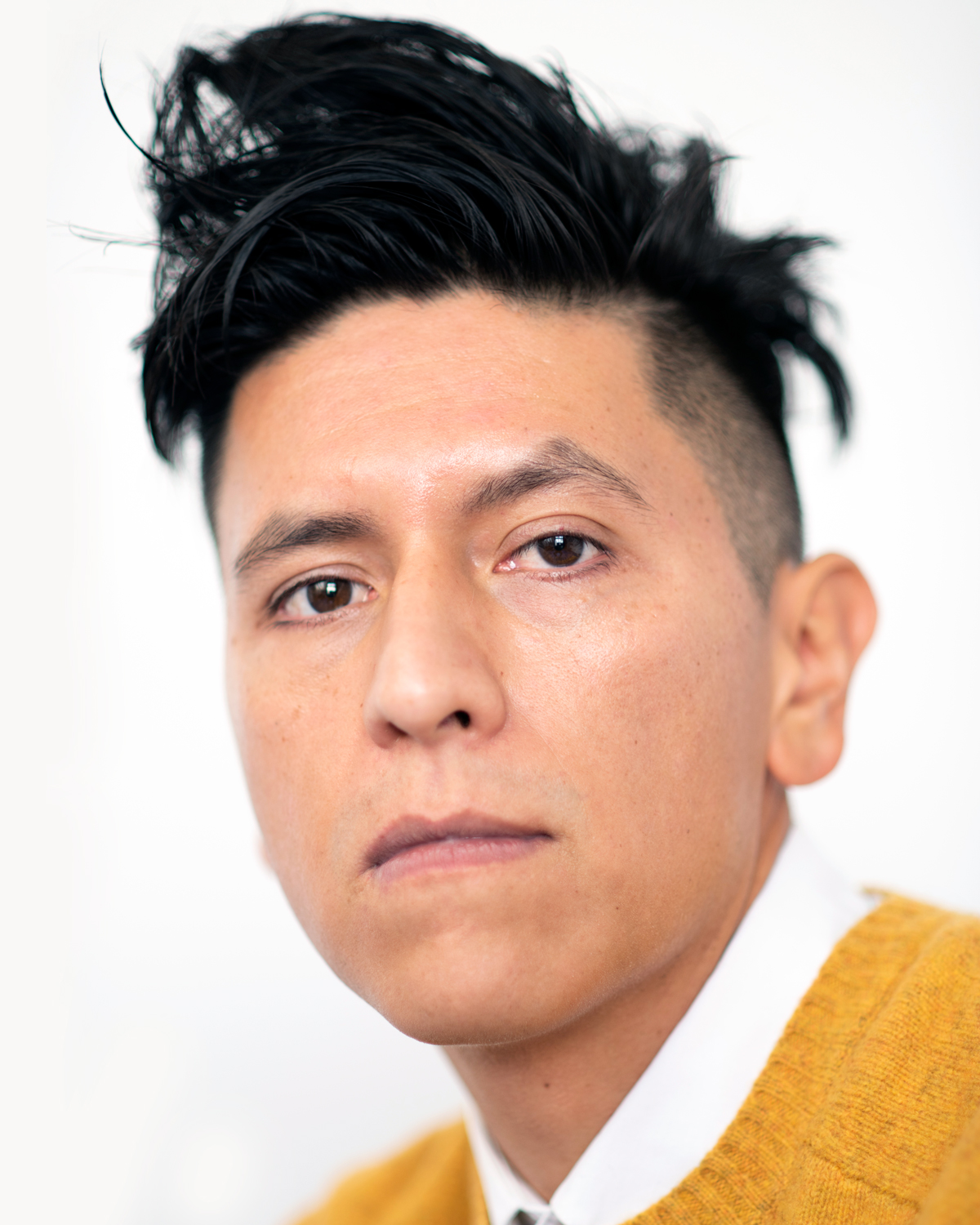
Layqa Nuna Yawar is a public artist and multidisciplinary storyteller living and working in Newark, NJ. He makes paintings, installations, workshops, and socially engaged public art projects centering the voices and narratives of people of color in pursuit of social justice and shared liberation. His artwork aims to disrupt established semiotic systems and reimagine them in service of a better and brighter future.
Layqa’s process is informed by his experience growing up in Ecuador and migrating to the U.S.A. as a teenager. His work exists at the intersection between migrant alienation and belonging, between cross-cultural identity and decolonization, and between the private and the public.
His work was awarded the 2019 Moving Walls Fellowship by Open Society Foundations as well as multiple teaching residencies, including projects with the United Nations World Food Programme. He has exhibited at El Museo del Barrio, the Newark Museum, and The Zimmerli Art Museum, among others. His murals can be found in cities and communities around the world, and he is currently working on a virtual reality experience based on his family’s migration titled “Across La Tierra.”
